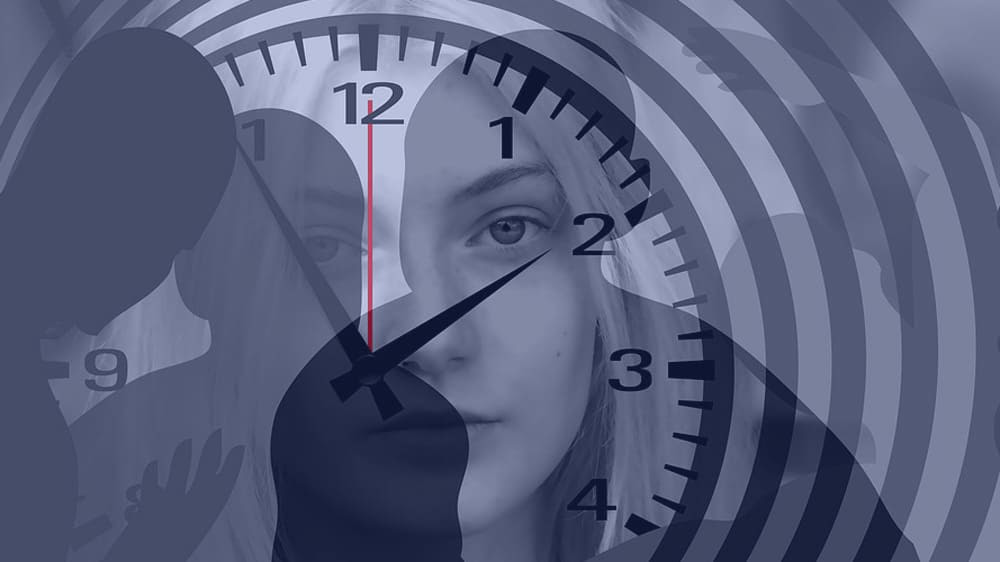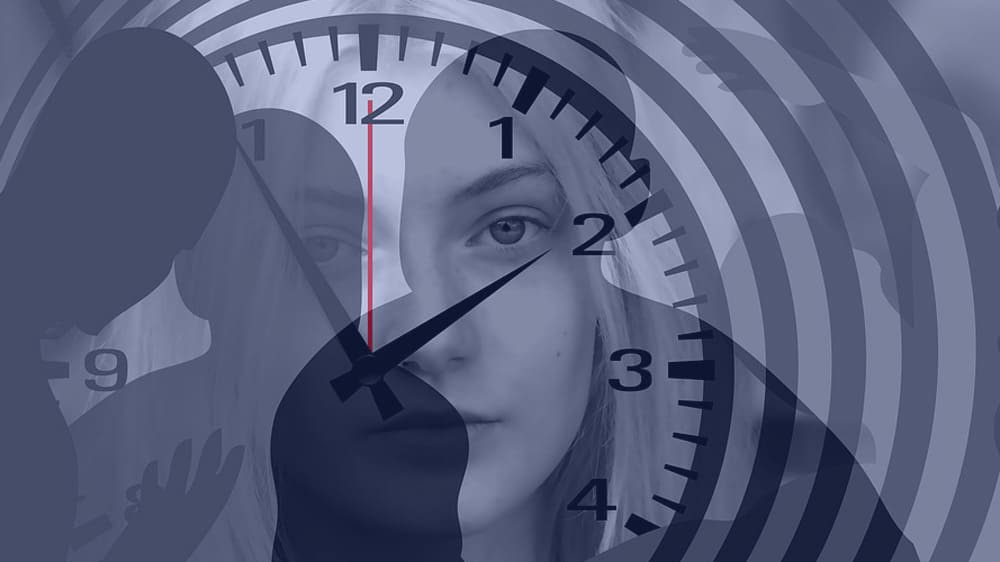
The human body’s biological clock, also known as the circadian rhythm, can be deregulated by night work, regular insomnia, jet lag, and these disturbances can lead to health problems such as cancer. The molecules at the origin of these health risks have been identified by scientists and could thus become a therapeutic target.
The professions concerned by working shifts, in particular those related to health such as nurses, midwives or care assistants and those related to security and the army, represent about 4.3 million people in France. The circadian rhythm is deregulated by any person working at night and this type of activity can have, according to the International Agency for Research on Cancer, consequences for health.
The IARC considers that prolonged exposure to shift work is a probable factor in group 2A cancers, including lung cancer, group 2A being the list of agents classified as probable carcinogens. The lungs are very sensitive to the circadian rhythm because they modulate their functioning according to the time of day. In this context, the Center for Circadian Biology at the University of California at La Jolla in San Diego is studying the effects of jet lag on the circadian rhythm.

Researchers at the University of La Jolla wanted to understand how repeated jet lag can lead to the development of non-small cell lung cancer, which accounts for 85-90% of diagnosed lung cancers. The study involved observing mice subjected to chronic jet lag by randomly exposing them to light in a regular 12-hour alternating pattern of light and darkness.
The results show that the mice subjected to jet lag have a significant presence of the Kras gene, an oncogene that participates in the development of non-small cell lung cancer. After twenty-five weeks of living in an irregular day/night rhythm, this type of cancer jumped by 68% in the observed subjects who had more tumors.

The Kras gene is over-expressed in mice subjected to jet lag because the disruption of the circadian rhythm induces a massive displacement towards the nucleus of the HSF1 protein, which is particularly active in the regulation of genes, especially in case of stress. This protein thus activates several genes, including Kras, and participates in the appearance of tumors.
The molecular link formed by HSF1 between the disruption of the circadian rhythm and the development of cancer may become a therapeutic target that could prevent the risk of cancer, particularly in people who work long hours. The negative action of the HSF1 protein can then be inhibited by taking medication. Studies have already shown that women who work at night have a 40% higher risk of developing breast cancer than those who work during the day, while men who work at night have a higher risk of developing prostate cancer and for both sexes, the risk of colorectal cancer is increased.




